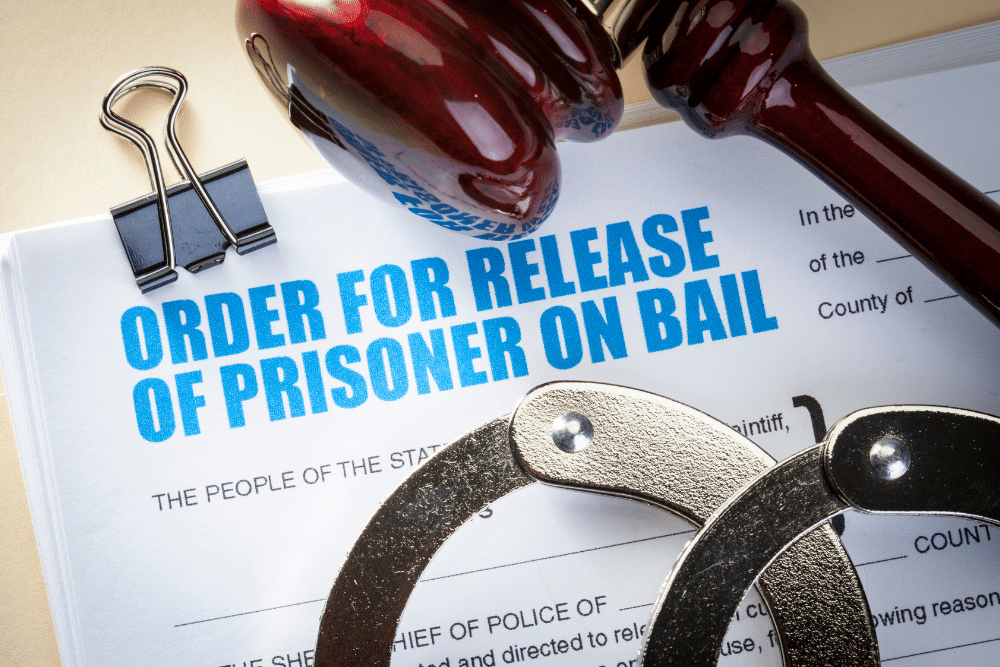There’s no question that the COVID-19 pandemic has changed the lives of people in Colorado and elsewhere – and will continue to do so for years to come.
However, not all the changes are for the worse. Some legal shifts in Colorado may reduce the number of incarcerations, which overall benefits the community as long as safety is maintained.
SB 62 seeks to sustain some law enforcement practices adopted during COVID-19 in an effort to reduce populations housed in Colorado jails. It has the potential to change how police handle certain low-level crimes for good – and it will save money along the way.
Here’s what you need to know about SB 62, as well as changes already made since the pandemic started in 2020.
Changes So Far
COVID-19 seems to target people in institutions particularly hard, likely since they live in close quarters. In an effort to reduce virus transmission, Colorado stopped arresting and imprisoning those suspected of perpetrating lower-level crimes.
These crimes included:
- Disturbing the peace
- Low-value theft
- Public indecency
- Polluting
- Illegal gambling
Prior to the pandemic, these nonviolent offenders would have been arrested and placed in jail. They would wait there until their first court hearing.
However, since 2020, officers have been issuing court summons instead of arresting suspected perpetrators. This has reduced the number of bodies in jail cells, thus slowing the spread of COVID.
CO Senate Bill 62
The introduction of Senate Bill 62 by Senator Pete Lee of Colorado Springs seeks to permanently change how Colorado treats low-level and nonviolent crimes. It also takes aim at the cash bail system in the state.
SB 62 would have law enforcement officers continue to issue a summons to low-level offenders instead of arrest. This would include offenses like traffic charges, low-level drug crimes, or even nonviolent felonies, i.e. identity theft.

SB 62 and Cash Bonds in CO
Under the current system, a judge may allow defendants to pay a bond. This would release them from jail, to await future court dates in relative freedom. If the defendant is unable to pay the bond, they spend that waiting period in jail.
SB 62 would prohibit the court from issuing cash bail for low-level felonies and some misdemeanors unless the person counts as a “flight risk”. Instead, the courts would issue what’s called a “personal recognizance bond”. An exception would be made if the charged person fails to appear at their court date three times.
Why single out cash bonds? Because they’ve been found to disproportionately impact people of color, those with mental health issues, and the poor. Often, these populations cannot afford bail and must wait in jail – sometimes for extended periods – before their court dates.
In fact, in a well-known case in Denver, a man was held in jail, because he couldn’t afford to pay a $100 bond. While there, he had a psychotic episode. A spit hood was placed on his head, causing him to choke on his own vomit and die. His family sued the city, and they were awarded a settlement of over $4 million – all over a $100 bond.
Which Crimes Would Still Merit Arrest?
Several crimes would still result in arrest with probable cause, even under these new guidelines. These include Class 1, 2, and 3 felonies such as:
These are not the only crimes that would still warrant arrest, but they demonstrate the types that will go unaffected by the proposed changes.

Are There Exceptions in the Bill?
There are a few exceptions in the bill that would empower law enforcement to arrest suspects who they believe are a risk to flee or to community safety as a whole. Officers would be allowed to determine what’s more appropriate given the circumstances: a summons or taking the suspect into custody.
The new COVID-19 policies have saved the state over $2 million – that is a fact. Transforming an arrest into a summons may be the right thing to do for certain crimes. But this legislation still has a long way to go before it becomes law.
About the Author:
Kimberly Diego is a criminal defense attorney in Denver practicing at The Law Office of Kimberly Diego. She obtained her undergraduate degree from Georgetown University and her law degree at the University of Colorado. She was named one of Super Lawyers’ “Rising Stars of 2012 & 2019” and a “Top 100 Trial Lawyers in Colorado” for 2012-2020 by The National Trial Lawyers. Both honors are limited to a small percentage of practicing attorneys in each state. Additionally, Expertise names her to its lists of the 25 Best Denver DUI Lawyers and 21 Best Denver Criminal Defense Lawyers, both in 2020. Ms. Diego has also been recognized for her work in domestic violence cases.





